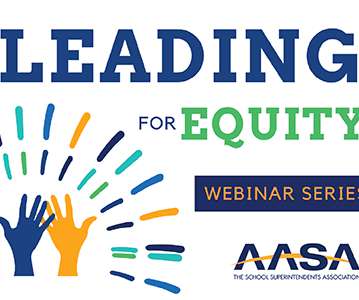U.S. K-12 Educational Technology Policy: Historical Notes on the Federal Role
Doug Levin
APRIL 21, 2016
FY 2003 $700,500,000. The 2010 request would continue the policy of permitting States to use up to 100 percent of their allocations for competitive grants to local educational agencies. The Effectiveness of Educational Technology: Issues and Recommendations for the National Study (Mathematica Policy Research, 2003).


















Let's personalize your content